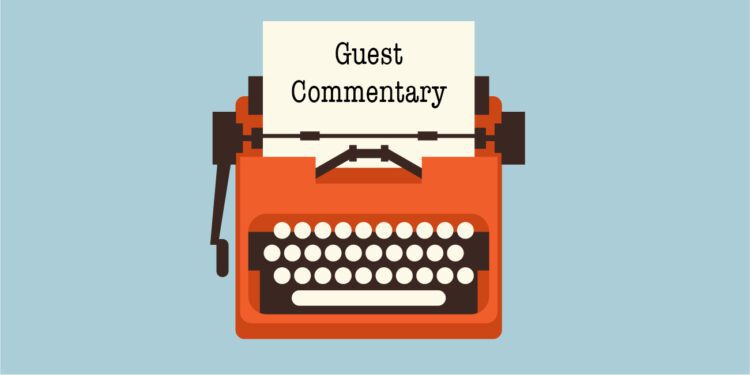William Cooper
Are Vice President Kamala Harris and former President Donald Trump really the two best candidates for America’s most demanding and important job? Hardly. Trump tried to reverse the last election. And while Harris would be a reversion toward the mean — after an unfit Trump and an aging Joe Biden — she’s far from the most talented executive in the country.
So why, then, are they the two candidates to be president?
The answer is America’s two-party political system. While third parties occasionally make some noise, they never threaten the Democratic-Republican duopoly.
It’s just as America’s founders feared. George Washington warned against having only two political parties: “The alternate domination of one faction over another, sharpened by the spirit of revenge, natural to party dissension, which in different ages and countries has perpetrated the most horrid enormities, is itself a frightful despotism.”
According to Washington, rival political parties “serve to organize faction, to give it an artificial and extraordinary force; to put, in the place of the delegated will of the nation the will of a party.” John Adams, for his part, considered a two-party system a grave threat to the republic: “a division of the republic into two great parties … is to be dreaded as the great political evil.”
Indeed, the fewer tribes there are, the worse tribalism gets. And in America the two political tribes battle each other — and only each other — every single day. This rivalry amplifies bias, distorts the political debate, shunts policy platforms, stifles compromise and negotiation, and leads to subpar and underqualified government officials.
A deeply backward approach now dominates American politics: hating the other side even more than you like your own. An October 2020 study published in Science Magazine titled “Political Sectarianism in America,” highlighted this new paradigm: “Democrats and Republicans — the 85% of U.S. citizens who do not identify as pure independents — have grown more contemptuous of opposing partisans for decades, and at similar rates.” Recently, the study continued, “this aversion exceeded their affection for copartisans.”
This explains a lot. When you hate Trump viscerally it makes his opponent, Harris, seem like a better candidate than she really is. And vice versa.
The problem created by having only two political parties has been getting worse. Lee Drutman, the author of “Breaking the Two-Party Doom Loop: The Case for Multiparty Democracy in America,” explained in 2020 that although “America’s two-party system goes back centuries, the threat today is new and different because the two parties are now truly distinct, a development that I date to the 2010 midterms. Until then the two parties contained enough overlapping multitudes within them that the sort of bargaining and coalition-building natural to multiparty democracy could work inside the two-party system. No more.”
A more diverse set of political parties would help. It would invigorate mainstream political discourse with additional points of view, as today many important ideas don’t make it onto the platforms of either side. The introduction of new ideas and coalitions would reduce rigid partisanship and provide incentives for politicians to respect empirical reality and not just reflexively appease their constituencies. As Drutman put it, a multiparty system would be “more fluid and responsive to Americans’ political preferences” and help “dissolve our binary partisanship.”
Additional political parties wouldn’t solve everything, to be sure. The new parties’ specific platforms would be key. There would likely still be gridlock in Congress. Tribalism and social-media echo chambers wouldn’t disappear. And other defects in the political system would remain.
But a vibrant multiparty system would directly address the biggest problem in U.S. politics: tribal rivalry and irrational partisanship. This more rational and diverse political system would make elections more about individual merit and less about party loyalty. And it would likely generate talented presidential candidates who are the most qualified for the job. A far cry from what we have now.
William Cooper is the author of “How America Works … and Why it Doesn’t.”
Source link : http://www.bing.com/news/apiclick.aspx?ref=FexRss&aid=&tid=66ec84391fe243f99990a964934ecb88&url=https%3A%2F%2Fitemlive.com%2F2024%2F09%2F19%2Famericas-two-party-system-is-failing-us%2F&c=13540686062450548886&mkt=en-us
Author :
Publish date : 2024-09-19 05:00:00
Copyright for syndicated content belongs to the linked Source.








